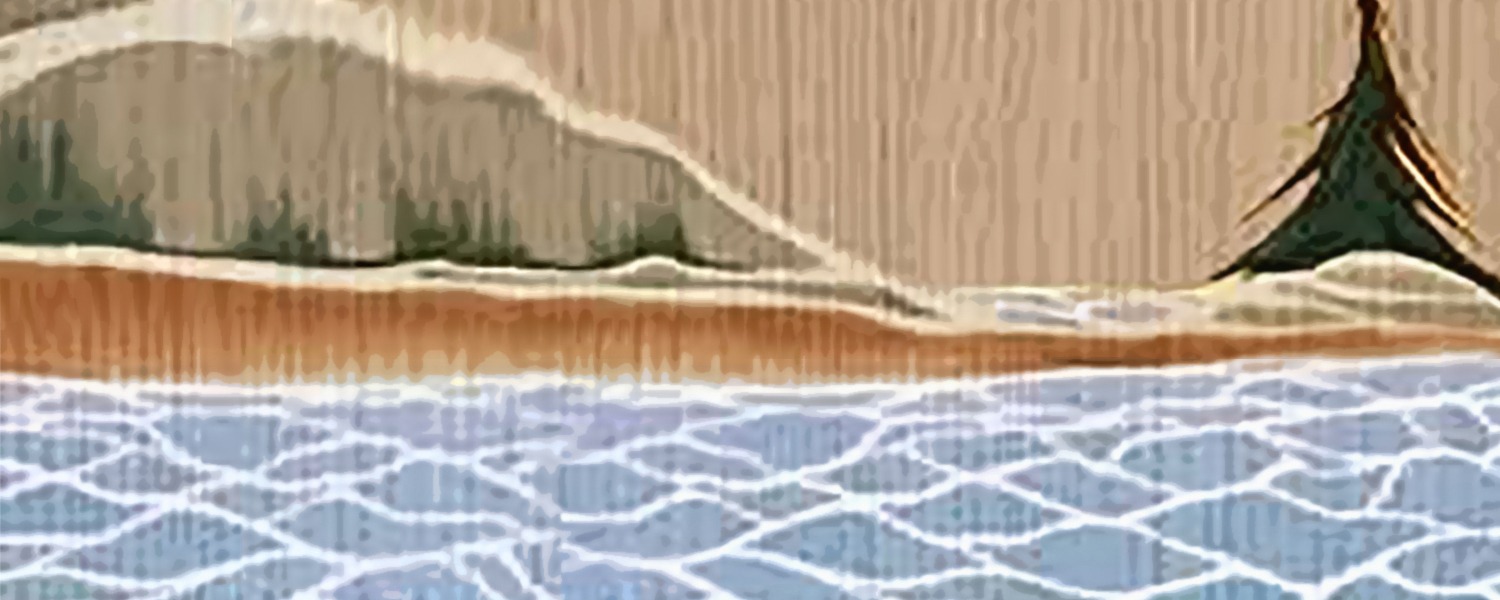The Alberta government is taking a important step to act on campaign commitments to implement the UN Declaration on the Rights of Indigenous Peoples.
Premier Rachel Notley, wrote on July 7th to her Cabinet, committing her government to implementing the United Nations Declaration on the Rights of Indigenous People, an international instrument adopted by the General Assembly in 2007 to enshrine the rights that “constitute the minimum standards for the survival, dignity, and well-being of the indigenous peoples of the world.”
Notley requested each Minister to work closely with indigenous leaders to “conduct a review, including budget implications, of your Ministry’s policies, programs and legislation that may require changes based on the principles of the UN Declaration.”
This directive, made in the first fifty days of Notley’s mandate, is an important and unprecedented step by a Canadian public government towards reconciliation with indigenous peoples in ways that accord with both section 35 of the Constitution and the international legal principles set out in the UN Declaration.
This will not be an easy task. The legal framework interpreting and enforcing the rights guaranteed in s. 35 and the international process leading to the ratification of the UN Declaration have taken decades, and have been recognized grudgingly if at all by Crown governments. Federally, Canada has taken contrarian positions on the UN Declaration, and has ungraciously interpreted this important international consensus as a “non-legally binding document that does not reflect customary international law.”
Notley’s commitments must be realized in the context of what the Supreme Court of Canada described in the Mikisew Cree decision as “the shadow of a long history of grievances and misunderstanding” or as the preamble of UN Declaration more bluntly puts it:
Indigenous peoples have suffered from historic injustices as a result of, inter alia, their colonization and dispossession of their lands, territories and resources, thus preventing them from exercising, in particular, their right to development in accordance with their own needs and interests.
As James Anaya, the UN Special Rapporteur on the rights of indigenous people observed in his 2014 Report on the situation of indigenous peoples in Canada:
It is difficult to reconcile Canada’s well-developed legal framework and general prosperity with the human rights problems faced by indigenous peoples in Canada, which have reached crisis proportions in many respects…
Indigenous peoples’ concerns merit higher priority at all levels and within all branches of government, and across all departments. Concerted measures, based on mutual understanding and real partnership with aboriginal peoples, through their own representative institutions, are vital to establishing long-term solutions. To that end, it is necessary for Canada to arrive at a common understanding with indigenous peoples of objectives and goals that are based on full respect for their constitutional, treaty and internationally recognized rights.
Notley’s directive to her Ministers appears to recognize this reality. She writes:
The most challenging part of the discussion will be related to lands and resources…I believe there is a balance to be found here, working in partnership with Indigenous people so they are able to participate in a more meaningful way, and therefore to benefit from, the development of natural resources in the province and the preservation and conservation of the environment.
The crux of the challenge will be the degree to which the Alberta government is willing to implement the principle of free, prior and informed consent (“FPIC”), a critical element of the UN Declaration which has been endorsed by institutions ranging from the International Finance Corporation of the World Bank and the International Council on Mining and Metals to the Forest Stewardship Council and coalitions of Canadian church groups.
Some commentators have previously argued that there is little or no legal basis for implementing FPIC under Canadian law. However, with the recent Tsilqhot’in decision, in which the Supreme Court was clear that in circumstances where Aboriginal title is established, s. 35 “permits incursions on [Aboriginal title] only with the consent of the Aboriginal group or if they are justified by a compelling and substantial public purpose and are not inconsistent with the Crown’s fiduciary duty to the Aboriginal group”, there is now a clear legal and policy justification for FPIC in the context of Aboriginal title.
However, Aboriginal title is at one end of the spectrum of the legal rights protected under s. 35. It is recognized in circumstances where an indigenous people have clearly demonstrated intensive, continuous and exclusive occupancy of a territory at the time of European sovereignty. Canadian courts are still wrestling with how the duties of the Crown apply to similar situations in regions like Alberta where historical treaties were signed. Indigenous people and Canadian governments have very different understandings of what the treaties promised. Notley will need to directly contend with this challenge.
Given that FPIC is a critical aspect of the UN Declaration, Notley will need to move her government towards implementing new policies (such as shared decision-making and revenue sharing), in an area where there is not only little guidance from the courts, but a well-entrenched status quo among industry and government officials in a province where indigenous concerns have been marginalized for decades.
For Notley’s directive to implement the UN Declaration to succeed, her new government will need to overcome the same challenges in 2015 that existed in 2005, when Binnie J observed in Mikisew Cree that “The multitude of smaller grievances created by the indifference of some government officials to aboriginal people’s concerns, and the lack of respect inherent in that indifference has been as destructive of the process of reconciliation as some of the larger and more explosive controversies.”
Notley has the benefit of broad support among indigenous leaders, who appear willing to suspend their disbelief and to work constructively towards practical solutions. However, the process will need to move forward quickly, as the “smaller grievances” exemplified and exacerbated by Alberta’s existing Aboriginal consultation process and its Aboriginal Consultation Office (ACO) continue to create uncertainty and conflict for indigenous communities and industry alike.
By Larry Innes
Related Posts

BC Bill 41: A Promising Start to Implementing UNDRIP
The Province of British Columbia is likely to be the first government in Canada to pass legislation to implement the UN Declaration on the Rights of Indigenous Peoples.

Aboriginal rights, conservation and Canada's future - the far reaching implications of the Tsilhqot’in case
The unanimous Supreme Court of Canada’s Tsilhqot’in decision in late June represents an important watershed in Canada’s long and often terrible relationship with the indigenous peoples who were here long…
Read More...
Raising the Stakes - A Comparative Review of Canadian Mining Laws and Responsible Mining Standards
September 11, 2020
OKT is pleased to announce the release of the groundbreaking report: RAISING THE STAKES: A Comparative Review of Canadian Mining Laws and Responsible Mining Standards.
Canada…
Read More...

